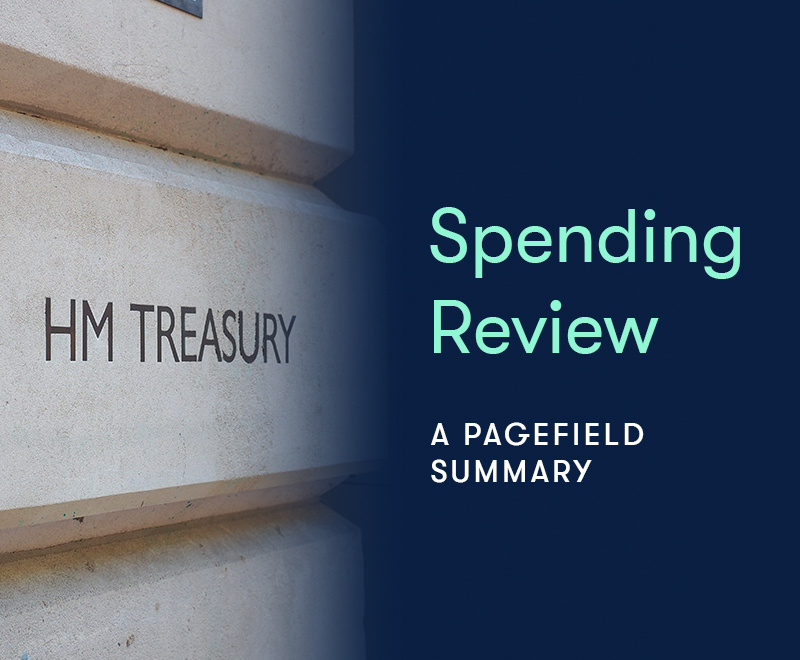The second annual UK Real Estate Investment and Infrastructure Forum (UKREiiF) took place in Leeds last week, with over 7,000 delegates attending. The occasion has swiftly established itself as a must-attend for those in the UK property sector, making it a key event to understand the views of investors, decision-makers and influencers in the sector from across the UK. Attending the conference, Pagefield Consultant Owen Mitchell has outlined four key takeaways from the event:
Devolution
As expected, the topic of devolution featured heavily. Steve Rotheram, Metro Mayor of the Liverpool City Region, wasted no time in banging the drum for more devolved powers while lambasting Westminster for being a “bumbling monolith” that is “not nimble enough to respond to the needs of individual areas”.
Rotheram was joined by Lord Heseltine who described the functional monopoly of London as a “dead hand”, before going on to say that a Mayoral authority is the only system of governance with powers to initiate a local strategy which is capable of driving local changes that are not registered in Whitehall.
With strong calls for devolution from across the political spectrum, it is clear that there is cross-party support for regions across the country to adopt an elected Mayor and Combined Authority, which could work closely with Homes England to build more affordable homes, by using new powers to buy land and housing.
Green agenda
Much of the panel discussion focussed on the green agenda, specifically sustainability and the role real estate must play to counter the climate and biodiversity crisis, while delivering social value.
However, funding for the net zero transition was repeatedly highlighted as a barrier, especially for companies operating in the public sector, with collaboration identified as a key to overcoming rising costs. The fact that collaboration was repeatedly raised throughout the conference suggests it is not happening enough, and it is clear that both the private and public sector must be more proactive in tackling issues as one.
Levelling up
Despite Rishi Sunak omitting Levelling Up as one of his five key priorities, the term featured heavily with several panels criticising the slow pace of progress, unbalanced bidding process, and need for better connectivity to the north to drive change.
Evidently, if Levelling Up is to progress, national government must place more trust in local authorities, which may speed up the process of devolution is some regions. To achieve true community Levelling Up, local authorities must invest not only in new buildings, but in the services and amenity spaces that surround them.
Housing
Finally, former Conservative Minister Rory Stewart and Tony Blair’s ex-Director of Communications Alastair Campbell hosted a hot-ticket debate on housing to kick off the second day. Stewart told the audience that despite the high turnover of Housing Ministers in recent years, it had been a priority of numerous leaders. However, a backlash from voters, especially those in green-belt areas, has meant housing policy has rarely progressed.
On the same morning, Labour leader Sir Keir Starmer announced he would give councils and residents more power to build on green belt land to meet local needs, piling pressure on the Government to allocate more funding to local authorities without being micro-managed by Whitehall.
Clearly, housing will be a key battleground in the run up to the next election and the framing of this policy will be key. If Labour can highlight that housebuilding is about fairness and economic opportunity, it may trump concerns about infringing on the countryside. However, there is no doubt that the political risk is high.



